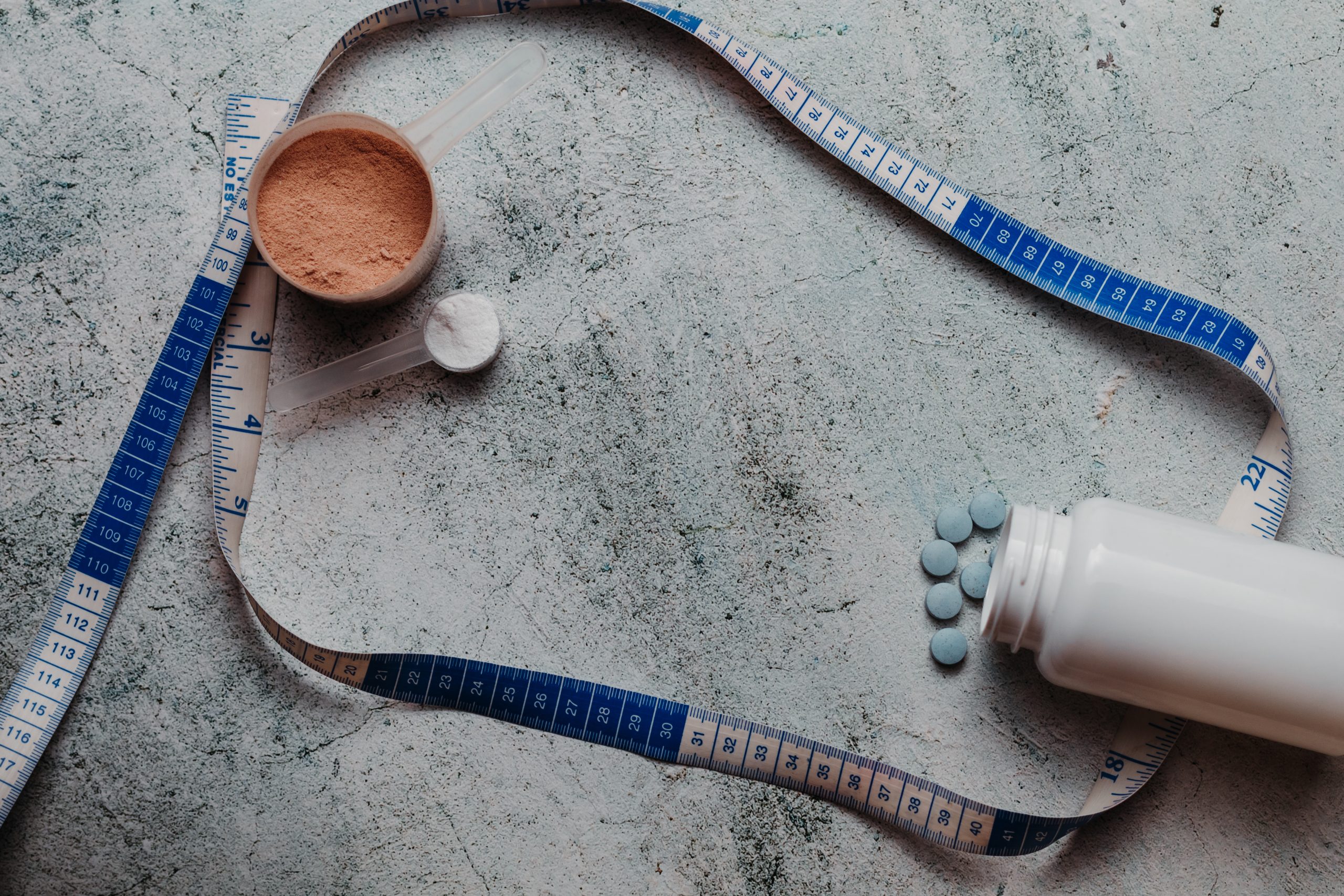Ever popped a multivitamin and wondered whether it’s expired? So, you quickly fumbled the bottle and was alarmed to discover that it had expired some time ago. Well, hold your panic, accidentally consuming expired vitamins is not life-threatening ‒ the expiry date is based on potency, not safety. Unless there is mould or fungi growing on them, the consumption of expired vitamins may simply mean that you are no longer reaping the maximum benefits of the supplement.
Including expiry dates on dietary supplements is not mandatory under The Food and Drug Administration, unlike with over-the-counter (OTC) medications and prescription drugs. However, most manufacturers will still choose to go with printing “best before” or “use by” date on the lid or label of their products. Typically, vitamins have a shelf life of two years, but it is also highly dependent on other factors such as the variation and form of the vitamins and the condition in which they are stored.
Vitamin variations & their shelf lives
The shelf lives of vitamins vary according to their form and contents. Based on an older study from 2008, vitamin C, vitamin K, and vitamin B-1 (thiamine) are known to have a higher breakdown rate. Vitamin C and vitamin B-1 are more susceptible to deliquescence, which is the process of gradual dissolution and liquefaction by the absorption of moisture from the atmosphere. Additionally, vitamin K when combined with other minerals in a multivitamin, will also degrade fairly easily.
Furthermore, some vitamins have better shelf lives compared to others. For instance, chewable and gummy vitamins are a favourite among kids, but the fillers also make them more prone to absorbing moisture and thus, deteriorate faster than vitamin tablets and capsules that have a harder exterior. Vitamins lose potency when they absorb moisture or are exposed to humid environments. Therefore, always store your vitamins in a cool and dry place and ensure that the container or lid of the package is tightly sealed after opening.
Is there any adverse effect of taking expired vitamins?
Accidentally popping vitamins that have expired is unlikely to provoke your health, unless you knowingly consume one which already has mould growing on it (ick!). Based on numerous health researches, there is currently no known account of illness or death caused by the consumption of expired vitamins.
Alternatively, the consumption of expired vitamins may lead to the consumer having a false sense of belief that she is supplementing her body with nutrient boosters when in fact, the vitamins are no longer as potent as before. In the end, it will be very much like drinking a can of empty energy drink. Hence, those who rely on vitamins to address the deficiencies in their diet should keep a close eye on the supplement’s expiry date. For example, a person who is anaemic will need a sufficient amount of daily iron supplementation. Consuming expired iron supplements will pose serious health effects to the anaemic patient when the adequate iron intake is not met.
The final verdict
It is not dangerous to consume expired vitamins, but expired vitamins do lose their potency and effectiveness overtime. While there is no detrimental side effect associated with taking out of date supplements, it may cause some adversities to those who need to adhere to a stringent supplementary diet in terms of maintaining their overall health. To better preserve the condition of your supplements, keep them away from the three elements: sun, water and air. For better health and well-being, check out https://danaimediwellness.com/



